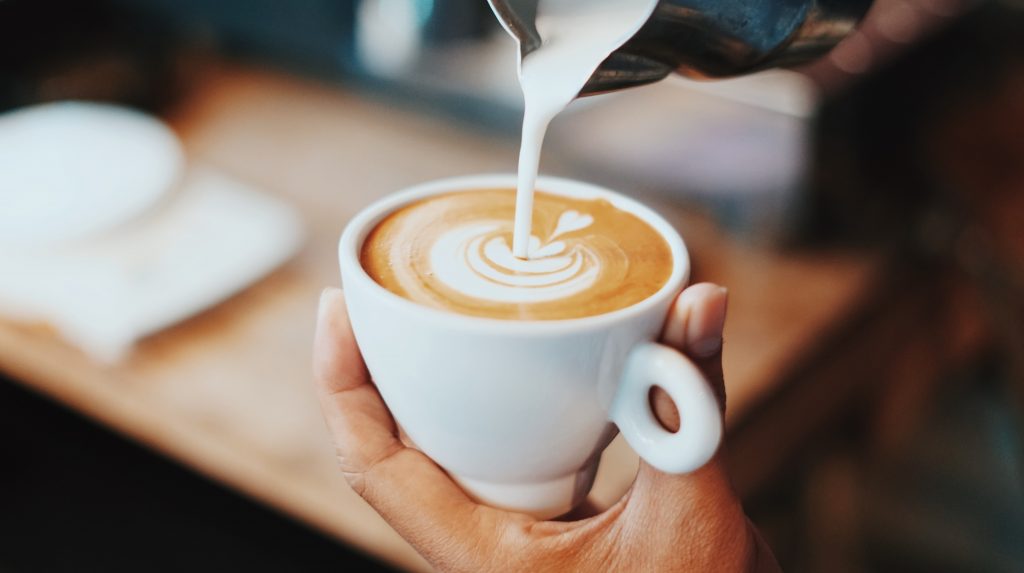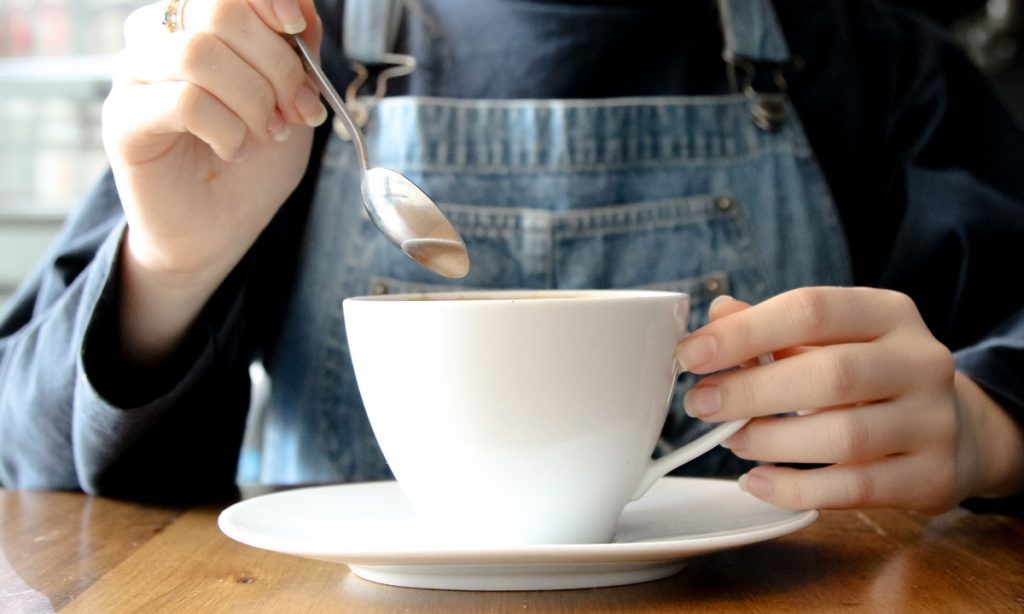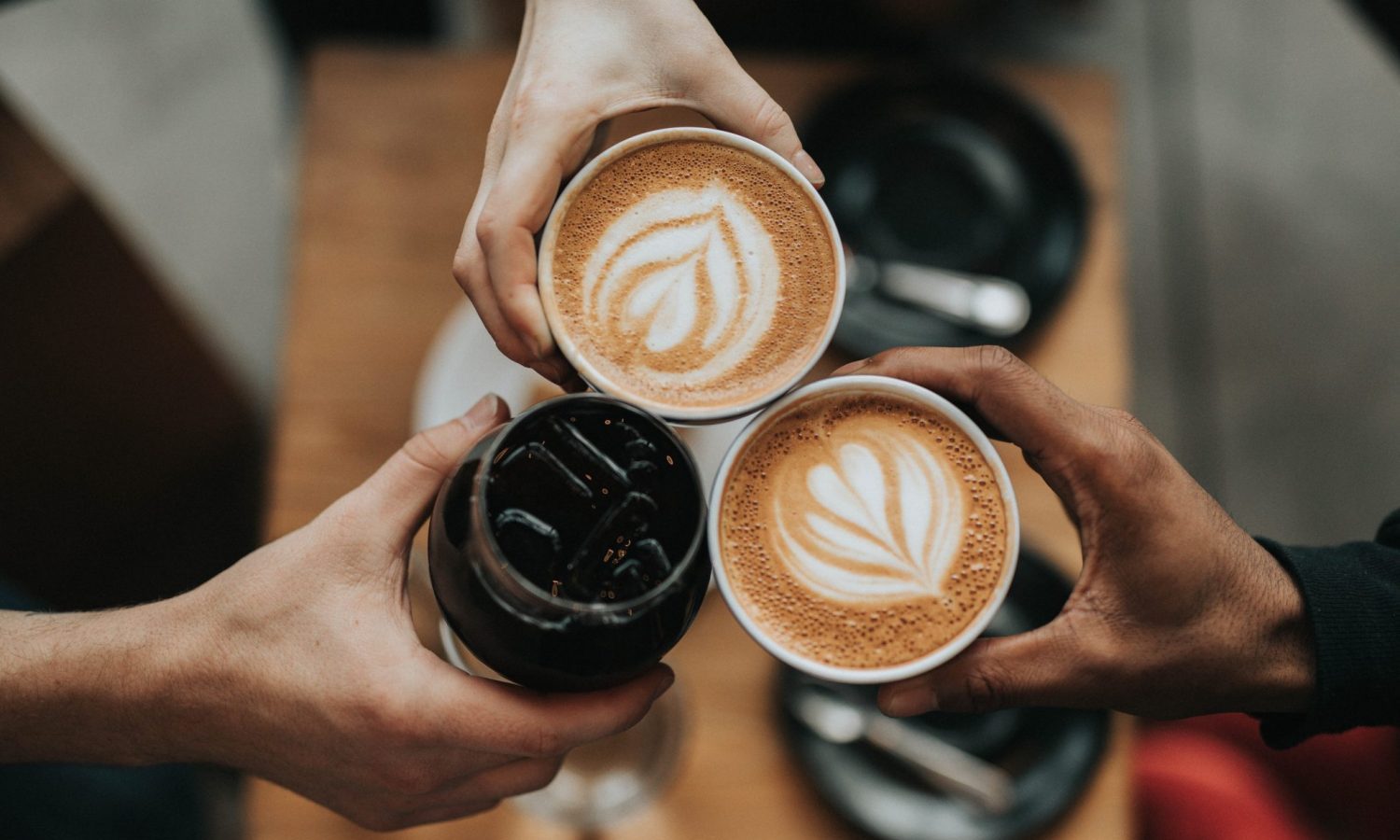On average, the energy that coffee provides lasts for a good six hours, but it can be influenced by a variety of factors.
Coffee is a must have for the well being of a large percentage of people. Whether you need it to function in the morning, midday or both, coffee helps us concentrate and get work done. But it also has some negative side effects, especially if you overdo it.
Caffeine is present in a lot of beverages, piling on throughout the day if you’re not careful. Having too much of it could result in a brain that’s overexerted, anxiety, muscle twitches and that insomnia that strikes if you have a coffee past 6 p.m.
RELATED: 9 Things That Happen To Your Body When You Drink Too Much Coffee

On average, the energy that coffee provides lasts for a good six hours, but it can be influenced by a variety of factors. According to The Huffington Post, your age, biology and relationship with coffee could explain why coffee didn’t have as strong of an effect when you were a kid as it does now.
RELATED: Science Does Not Support Your Coffee Addiction—Here’s How To Choose The Healthiest Cup
“What we’re learning is every cell of our body has its own biological clock. If you use caffeine… to wake your brain up, it doesn’t necessarily mean the rest of your body is on the same time zone. You may be up, but you may feel sluggish,” said Zhaoping Li, professor of medicine at the University of California, to The Huffington Post. “How our body responds to food, nutrients, including caffeine, it is highly variable. Each individual may have their own sweet spot.”

As much as coffee’s effectiveness varies, according to The Healthy, for a large percentage of people the best time to have coffee is in the afternoon. This is due to the fact that the minute you wake up, your body is high on cortisol, the stress hormone. This element makes you feel alert, but also a little rough, which is why the world is not full of morning people.
RELATED: What Too Much Coffee Can Do To Your Endocannabinoid System
Drinking your coffee mid-morning will provide you with that much needed energy. Says Sherry Ross, MD: “The studies are inconsistent, but it’s thought that waiting until mid-morning—when cortisol levels are lower—is better since caffeine increases this feel-good hormone later in the day.”


